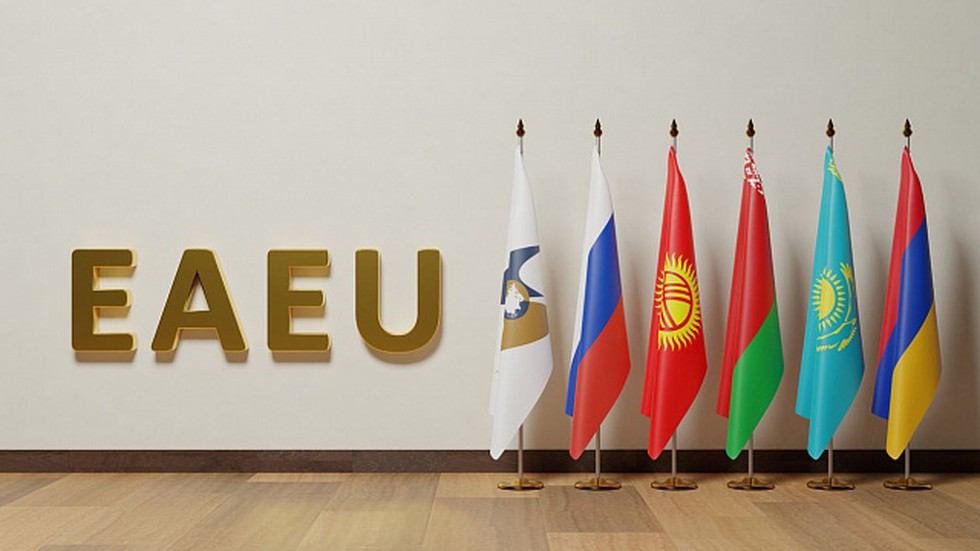About Eurasian Economic Union (EAEU):
- The Eurasian Economic Union, abbreviated by EAEU or EEU, is an international economic union of countries located in northern Eurasia.
- The EAEU provides for the free movement of goods, services, capital, and labor; and pursues coordinated, harmonized, and single policy in the specified sectors of the economy.
- It is the successor to the Eurasian Economic Community (EvrAsEs) and was established by the signing of the Treaty on the Eurasian Economic Union on 29 May
- It consists of five member states: Russia, Belarus, Kazakhstan, Kyrgyzstan, and Armenia.
- The main objectives of the EAEU are to upgrade the competitiveness of the member states economies, increase cooperation among member states, and promote stable development to raise the standard of living in all member states.
- Governance:
- Supreme Eurasian Economic Council: It is the Union’s supreme authority, which is formed from the heads of the Member-States.
- Eurasian Economic Commission (EEC):
- It is the permanent supranational regulatory body of the union based in Moscow.
- The main purpose of the Commission is to ensure the functioning and development of the EAEU and
- develop proposals for the further development of integration.
- Court of the EAEU:
- It is a court of justice of the EAEU, which ensures the uniform application of the EAEU Treaty and other Union treaties by the Union Member States and bodies.
- It is based in Minsk, Belarus.
- Unlike the European Commission (primary executive arm of the European Union), the Eurasian Economic Commission’s power is limited.
- Member states disagreeing with its judgements can appeal to other bodies.
- The Commission has no power to bring a member state before the Court in a case of non-compliance.
- Disputes are often resolved bilaterally rather than via EEU institutions.
- Unlike the European Union (EU), the EAEU does not share a common currency.
